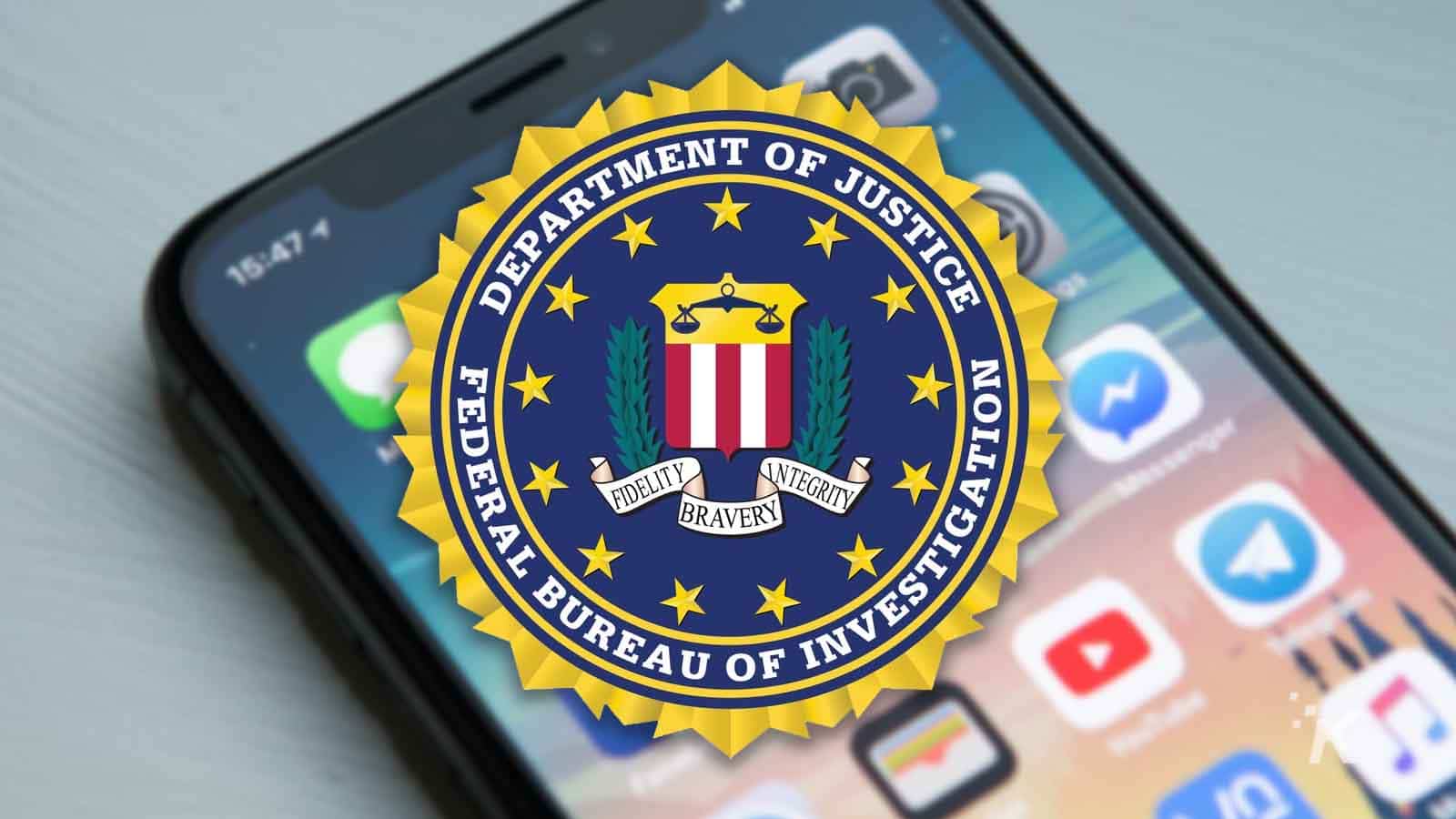The Federal Bureau of Investigation (FBI) has recently issued a warning to the public about potential risks associated with using popular messaging apps, including WhatsApp, Facebook Messenger, and Signal. The alert, which was published on the FBI’s website, highlights the importance of being cautious when using these apps to communicate sensitive information.
According to the FBI, messaging apps have become a popular means of communication for individuals and organizations alike. However, the use of these apps also poses significant risks, particularly with regards to the security and confidentiality of sensitive information. The FBI warns that malicious actors, including hackers and cyber-criminals, are increasingly targeting messaging apps to steal sensitive information, such as login credentials, financial information, and personal data.
The FBI’s warning specifically highlights the risks associated with using WhatsApp, Facebook Messenger, and Signal. These apps, which are widely used for both personal and professional communication, have been identified as potential targets for malicious actors. The FBI notes that these apps often use end-to-end encryption, which can make it difficult for law enforcement agencies to intercept and monitor communications.
However, the FBI also notes that end-to-end encryption can also make it difficult for users to detect and respond to malicious activity. For example, if a malicious actor gains access to a user’s account, they may be able to intercept and read sensitive information without the user’s knowledge. Additionally, the FBI warns that some messaging apps may not have adequate security measures in place to protect user data, which can increase the risk of data breaches and cyber-attacks.
To mitigate these risks, the FBI recommends that users take several precautions when using messaging apps. First, users should be cautious when clicking on links or downloading attachments from unknown sources. Second, users should use strong passwords and enable two-factor authentication to protect their accounts. Third, users should be aware of their surroundings when using messaging apps in public, as malicious actors may use techniques such as shoulder surfing to steal sensitive information.
The FBI also recommends that users report any suspicious activity to the app’s developers and to law enforcement agencies. Additionally, the FBI encourages users to stay informed about the latest security threats and vulnerabilities associated with messaging apps, and to take steps to protect themselves and their organizations from these risks.
In response to the FBI’s warning, the developers of WhatsApp, Facebook Messenger, and Signal have issued statements assuring users that they take the security and confidentiality of user data seriously. WhatsApp, for example, has stated that it uses end-to-end encryption to protect user communications, and that it has implemented a number of security measures to prevent data breaches and cyber-attacks. Facebook Messenger has also stated that it uses encryption to protect user communications, and that it has implemented a number of security measures to prevent malicious activity.
Signal, which is widely regarded as one of the most secure messaging apps available, has also issued a statement assuring users that it takes the security and confidentiality of user data seriously. Signal has stated that it uses end-to-end encryption to protect user communications, and that it has implemented a number of security measures to prevent data breaches and cyber-attacks.
In conclusion, the FBI’s warning about the potential risks associated with using messaging apps highlights the importance of being cautious when using these platforms to communicate sensitive information. By taking precautions such as using strong passwords, enabling two-factor authentication, and being aware of their surroundings, users can reduce the risk of data breaches and cyber-attacks. Additionally, by staying informed about the latest security threats and vulnerabilities associated with messaging apps, users can take steps to protect themselves and their organizations from these risks.



